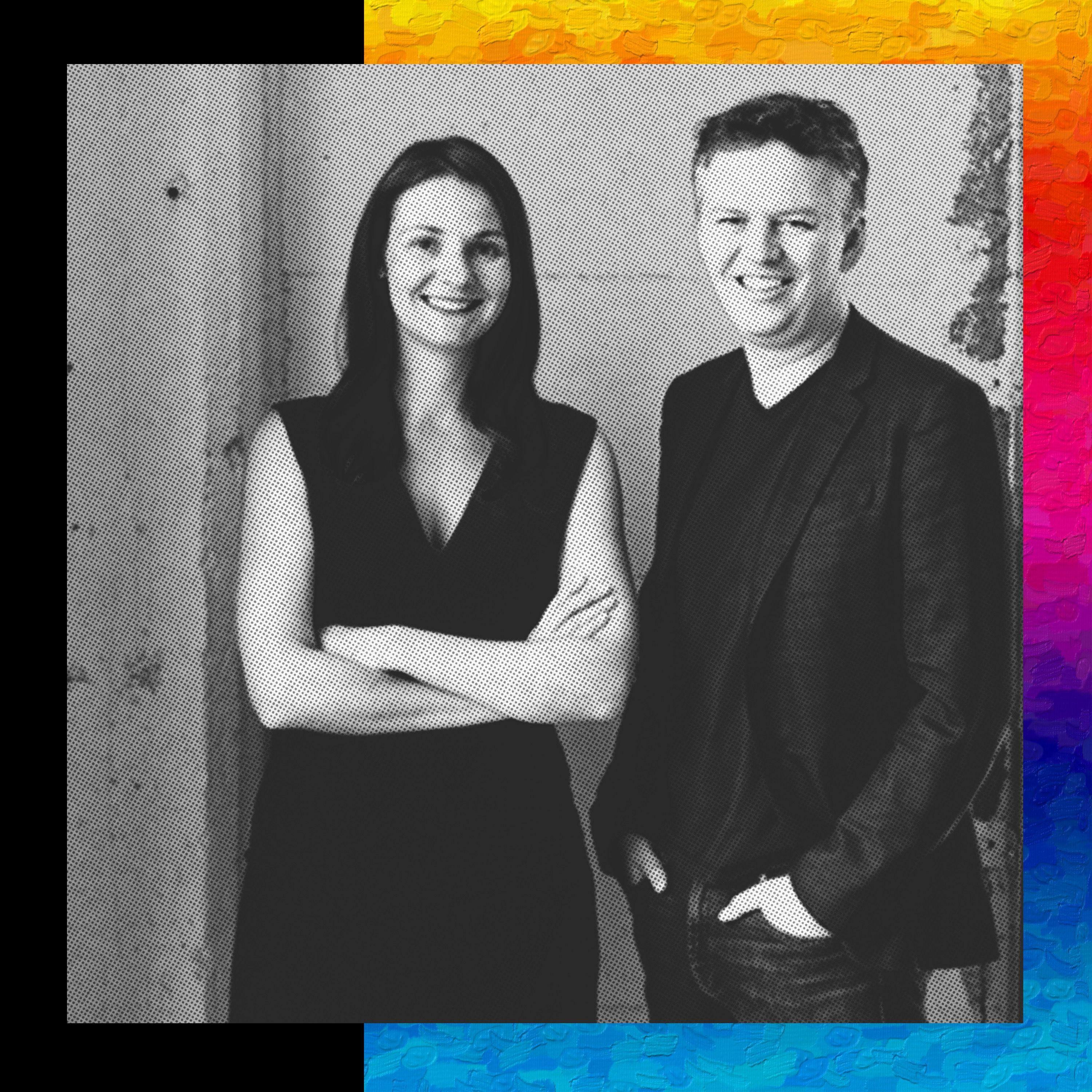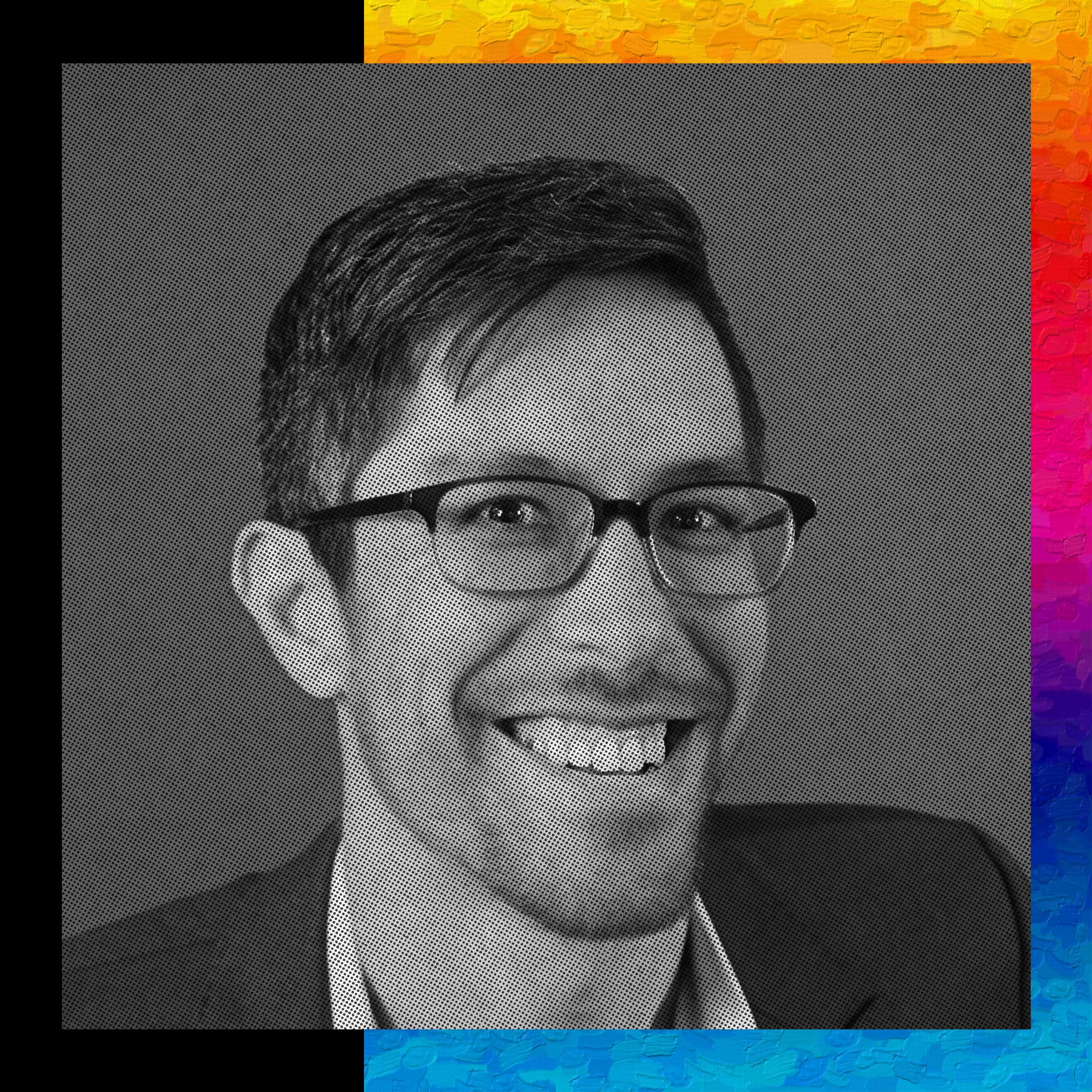
June 28, 2021 • 44min
Matthew Prince and Michelle Zatlyn of Cloudflare: How to build a better Company as well as a better Internet
Pattern Breakers

Key Takeaways
- Obsess over making your product easy to use - Cloudflare stripped down their signup process to make it incredibly fast and simple, which drove rapid user growth
- Hire carefully and spend significant time on recruiting - The founders spent 20-30% of their time on hiring and were very selective, which led to high retention of early employees
- Be formulaic and fair with compensation - Having a consistent formula for offers and quickly rewarding high performers creates a sense of fairness
- Focus on building a great team and culture - Prioritize hiring people who believe in the mission and creating an environment where people enjoy working together
- Always be recruiting - Constantly be on the lookout for great talent, even when you don't have open roles
- Create inbound interest through content - Cloudflare's technical blog posts attracted many strong candidates who were excited about the problems they were solving
- Look for underemployed talent - Find great people who may be in roles that don't fully utilize their skills
- Have a clear compensation philosophy - Be transparent about how you think about salary, equity, etc. to build trust
- Say no to candidates who just want the highest offer - Be willing to let people go to competitors if they're just chasing the biggest paycheck
- Build a company with a good business, meaningful mission, and people you enjoy working with - This combination leads to the most successful and fulfilling outcomes
Introduction
In this episode, Mike Maples Jr. interviews Matthew Prince and Michelle Zatlyn, co-founders of Cloudflare, about how they built the foundation for their successful company. They discuss the origins of Cloudflare, their approach to product development, hiring, compensation, and creating a strong company culture. The conversation provides insights into how founders can set their startups up for long-term success.
Topics Discussed
Origins of Cloudflare (2:29)
Matthew Prince explains that the roots of Cloudflare came from Project Honeypot, an open source project he had worked on previously to track spammers and bad actors online. This project built up a community of over 100,000 webmasters who were asking for help protecting their sites.
Michelle Zatlyn describes how she and Matthew connected at Harvard Business School and started working on the idea for Cloudflare during a trip to Silicon Valley. As Michelle puts it: "If that guy can start a company, so could I." Matthew's response of "Of course you could" was inspiring and led them to explore the idea further.
- Project Honeypot provided the initial community and data that became the foundation for Cloudflare
- The co-founders met at Harvard Business School and developed the idea during a Silicon Valley immersion trip
- They saw an opportunity to provide enterprise-level security and performance to smaller websites
Early Product Development (11:56)
The founders describe their approach to developing the initial Cloudflare product:
- Leveraged the Project Honeypot community for early beta testers
- Focused on making the product extremely easy to use - stripped down the signup process to just a few steps
- Obsessed over user experience - Matthew says "Every time we ask a customer to do something...is a failure on our part."
- Iterated quickly based on user feedback - fixed issues that broke early users' sites
- Launched publicly at TechCrunch Disrupt in September 2010, leading to rapid user growth
Hiring and Team Building (24:24)
Michelle and Matthew emphasize how critical hiring was to Cloudflare's success:
- Spent significant time on recruiting - 20-30% of founders' time, even today
- Were very selective in early hires - led to high retention of initial employees
- Looked for underemployed talent - e.g. great programmers doing web design
- Leveraged immigration expertise to hire international talent on visas
- Created inbound interest through technical blog posts
- Focused on missionaries over mercenaries - people passionate about the mission
Michelle notes: "You are nothing without a great team...It doesn't matter how awesome your idea is unless you can get great people to come work with you."
Compensation Philosophy (34:22)
The founders describe their approach to compensation:
- Were formulaic and consistent with initial offers
- Quickly rewarded high performers with additional equity/salary
- Focused on fairness over competing in bidding wars
- Were willing to let candidates go to competitors offering more
- Had a clear philosophy they could articulate to candidates
Matthew explains: "What employees really want and care about is being treated fairly, and fairness matters more than anything else."
Creating a Strong Culture (41:06)
Michelle emphasizes the importance of building a company with:
- A good business model
- A meaningful mission people believe in
- People you enjoy working with
She notes: "I think that's where a lot of the magical, amazing stories that we've read about come out."
Other cultural elements they discuss:
- Avoided inflated titles early on to prevent politics
- Built trust through transparency around compensation philosophy
- Fostered loyalty that led early employees to stay connected long-term
Lessons for Founders (39:17)
Key advice for founders from the conversation:
- Have conviction in your approach - be willing to say no to candidates
- Think long-term about compensation and culture
- Look for ways to create inbound interest from candidates
- Spend significant time on recruiting, even as you scale
- Focus on building a company people want to stay at long-term
Matthew notes the power of saying no: "It's incredibly powerful if you can just have the conviction to say, I totally appreciate that. If you can go get that at Google or Facebook...go for it, and we'll see how it turns out over the long term."
Conclusion
The conversation with Cloudflare's founders provides valuable insights into how to build the foundation for a successful startup. Key themes include obsessing over product experience, being extremely selective in hiring, having a clear and fair compensation philosophy, and focusing on building a strong culture. By prioritizing these elements from the beginning, Cloudflare was able to attract and retain top talent, drive rapid user growth, and build a multi-billion dollar company. The founders emphasize that creating a company with a good business model, meaningful mission, and people you enjoy working with is the ultimate goal for entrepreneurs.







